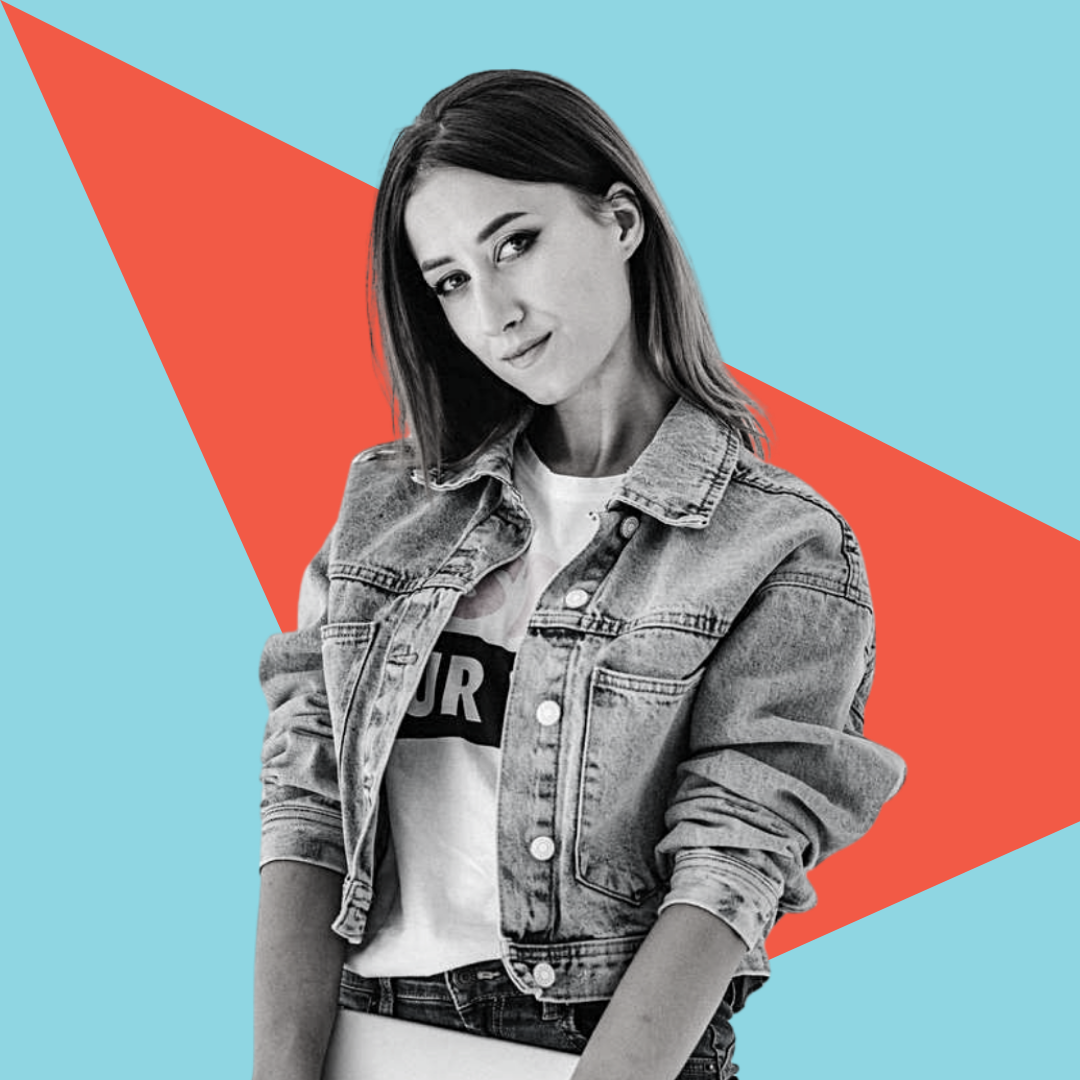Про роль
Ми шукаємо Game Designer’а, який не боїться працювати з ідеями руками: створювати прототипи, будувати рівні й перетворювати концепти на захопливий геймплей.
Ви будете безпосередньо формувати пазли, системи прогресії та ігрові механіки, співпрацюючи з художниками, аніматорами й розробниками, щоб зробити досвід гравців живим і гармонійним.
Ця роль підійде як тим, хто має бекграунд у візуальному або графічному дизайні (арт, анімація, UI/UX), так і тим, хто виріс із технічної сторони — сценарії, логіка, інтерактивний дизайн.
Чим ви займатиметесь
- Проєктуватимете та вдосконалюватимете ключові механіки гри, системи прогресії й за потреби — ігрову економіку.
- Створюватимете швидкі прототипи — від простих інтеракцій до зібраних тестових сцен.
- Розроблятимете рівні, головоломки й ігрові виклики, що поєднують логіку, інтуїтивність і задоволення від гри.
- Готуватимете чітку та зрозумілу документацію: основні цикли гри, критерії успіху, тест-плани.
- Тісно співпрацюватимете з художниками та аніматорами, щоб інтегрувати механіки у готовий контент.
- Займатиметесь базовим балансуванням і налаштуванням аналітики — визначатимете ключові метрики, тестуватимете гіпотези.
Ви чудово підійдете, якщо
- Маєте 1–3 (або більше) власних мініпроєктів чи прототипів — на itch.io, Steam, GitHub або у вигляді відео.
- Володієте одним із напрямів: Скриптингом (будь-якою сучасною мовою для прототипування логіки гри); абоВізуальними навичками — 2D/3D, VFX чи анімацією для візуальної частини гри. Скриптингом (будь-якою сучасною мовою для прототипування логіки гри); або Візуальними навичками — 2D/3D, VFX чи анімацією для візуальної частини гри.
- Можете показати власні рівні або головоломки й пояснити, чому вони працюють.
- Умієте створювати короткі, структуровані та зрозумілі дизайн-документи.
- Відкриті до експериментів, тестування й постійного вдосконалення.
Буде перевагою
- Досвід у розробці casual або puzzle-ігор.
- Навички проєктування онбордингу, навчальних рівнів і динамічної складності.
- Базові вміння у 2D/3D-арті: greyboxing, concept sketches, прості спрайти або моделі.
- Розуміння процесів анімації та знайомство з інструментами типу Spine, DragonBones чи подібними.
- Уміння візуально прототипувати, щоб швидко передати ідею геймплею.
Що варто додати до заявки
- 2–3 посилання на ваші прототипи (відео або playable-білди).
- 1–2 приклади дизайн-документів (по 2–3 сторінки — лаконічні, але змістовні).
- Коротке відео або Loom-презентацію (до 5 хвилин), у якій ви пояснюєте одну зі своїх механік: що робить її захопливою;як вона може масштабуватись у повноцінний ігровий досвід




 Успіх!
Успіх! 